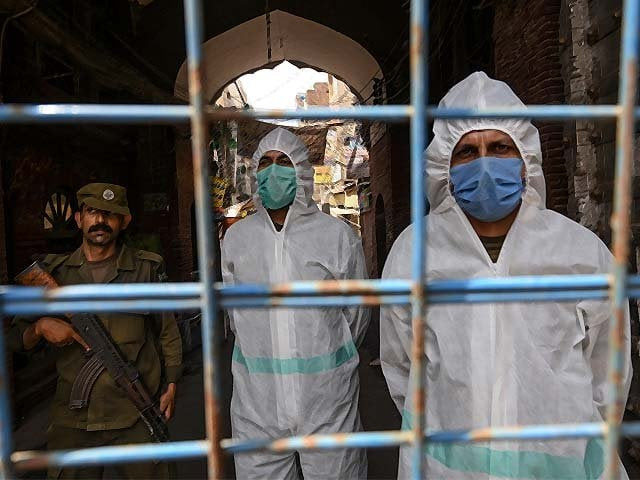With the Great Lockdown put into effect to help contain the spread of Covid-19, the world has had to face the worst recession since the Great Depression. Compared to the International Monetary Fund’s (IMF) World Economic Outlook forecast for April 2020 where the global economy was expected to contract by three per cent, new estimates reveal that the recession may as well run deeper with global output levels falling by 4.9% in June 2020. Because of this, recovery is now anticipated to be more gradual than previously anticipated. For countries that have begun their ascent towards recovery, their climb is still uncertain and ambiguous at best.
For 2020, advanced economies will contract by up to eight per cent with emerging market and developing economies contracting by three per cent (five per cent if China is excluded). Furthermore, the cumulative GDP downfall of emerging market and developing economies excluding China over 2020-2021 will exceed the economic downturn to be experienced by developed economies. In 2021, it is expected that global growth will be 5.4%. This figure is 6.5% lower than projections undertaken before Covid-19, as of January 2020. Aggregated, the gradual recovery now forecasted would result in a loss of nearly $12 trillion for the years 2020 and 2021.
Another observation to keep in mind is that the re-opening of activities has been sporadic, with increased spending in the retail sector and reduced demand in travel and tourism sector. Furthermore, the labour market has been severely hit and has had to face steep declines in economic activity with informal sector workers being the most adversely impacted. The International Labour Organisation (ILO) estimates that of the two billion workers informally employed, nearly 80% have been significantly affected. With labour-intensive sectors taking longer to recover as compared to other sectors, income inequality will worsen and poverty levels will increase. Compared to estimates of 2019: Q4, the decline in working hours as estimated by ILO for 2020: Q1 are equivalent to losing 130 million full-time jobs. For the second quarter of 2020, this figure is expected to rise to equate 300 million job losses.
Even though nearly 75% of the countries are taking steps to re-open their economies, a significant number of emerging market and developing economies are still struggling to control the rising infection rates by imposing stringent, lengthier lockdowns. Since a higher-than-usual degree of uncertainty prevails regarding the spread and successful containment of the virus, both sides of the coin can be looked at. For the optimistic, the fact that human trials of the vaccine have begun is highly promising. On the other hand, however, the possibility of second waves of infection cannot be completely put aside.
Both global fiscal support exceeding $10 trillion in amount and relaxation of monetary policy have been fundamental in advancing towards economic recovery. In several countries, undertaking such steps has allowed individuals to sustain their livelihoods and achieve economic stability. Nevertheless, it must be kept in mind that the economic policies adopted must be flexible in nature so that they can be adapted to any unforeseen circumstances if required. Moreover, re-opening may not imply in any way that attention is diverted from the need to remain vigilant regarding the virus spread. This means that both governments and donors should ensure that healthcare systems are adequately resourced and health capacity strengthened so the timely testing and tracing of the virus can be adequately done.
The international community should also strive to ensure that funding for timely vaccine availability is channeled to countries that need it the most. In the case of Pakistan, for example, the current health crisis can be confronted through the provision of debt relief and financing through the global financial safety net. Furthermore, it is also imperative that the global community is well-prepared if any such global health crisis occurs in the future as well. For this purpose, steps such as building global stockpiles of health and protective equipment, raising and providing funding for relevant medical research and strengthening public health systems across the world is critical. It is hoped that such measures are successfully adopted so that our upcoming generations are well-protected from, as well as, well-equipped to respond to such a global health crisis, in case one arises, in the future.
Recovering from the Great Lockdown
The gradual recovery now forecasted would result in a loss of nearly $12 trillion for the years 2020 and 2021

Policemen wearing gear stand guard behind a barricade at a restricted area sealed by the authorities in Lahore. PHOTO: AFP


COMMENTS
Comments are moderated and generally will be posted if they are on-topic and not abusive.
For more information, please see our Comments FAQ